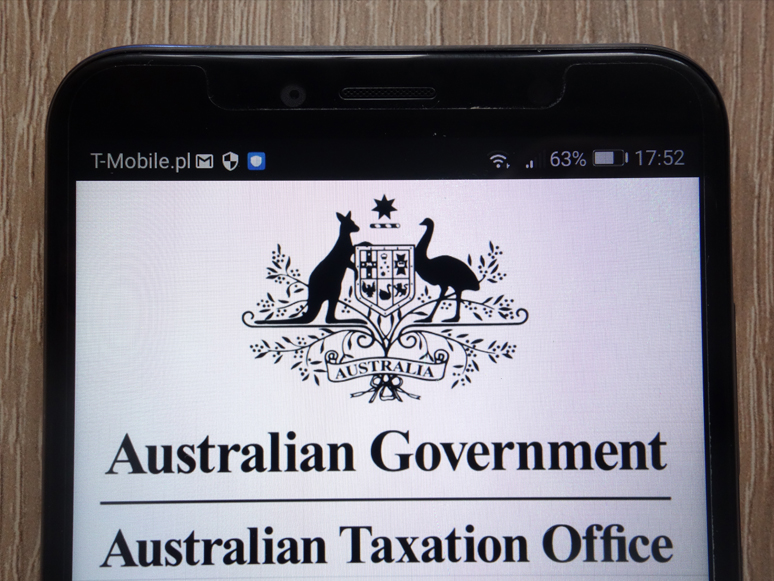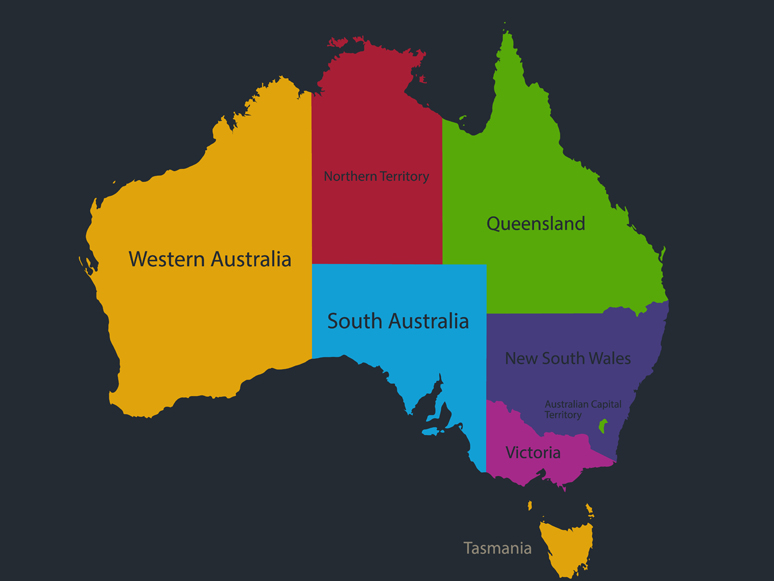logo


14th Apr, 2022

The availability of temporary full expensing of depreciating assets for business has been extended for another year until 30 June 2023. This measure was originally introduced in 2020 as a part of the Federal Government’s COVID-19 business rescue package, aimed at encouraging business investment by providing a cash flow benefit. As originally introduced, the measure was due to end on 30 June 2022.
Businesses with an aggregated turnover below $5 billion or those that meet an alternative eligibility test can deduct the full cost of eligible depreciating assets of any value that are first held and first used or installed ready for use for a taxable purpose from 6 October 2020 until 30 June 2023.
For small business entities with an aggregated turnover of less than $10 million, the temporary full expensing of depreciating asset rules has been effectively replaced with simplified depreciation rules for any assets first held and used or installed ready for use for a taxable purpose between 6 October 2020 and 30 June 2023. This means that the full cost of eligible depreciating assets, as well as costs of improvements to existing eligible depreciating assets, can be fully deducted.
Not all costs relating to assets qualify for temporary full expensing. For example, building and other capital works, as well as software development pools do not generally qualify. Second-hand assets that would otherwise meet the eligibility conditions also do not qualify for temporary full expensing if the entity that holds them has an aggregated turnover of $50 million or more.
Special rules also apply to cars, where the temporary full expensing is limited to the business portion of the car limit.
14th Apr, 2022

If you run a small business and are found by the ATO to have made unintentional record-keeping mistakes, you could face having to pay an administrative penalty. However, this could soon change under a proposed new law that would give ATO the power to issue a direction to complete an approved record-keeping education course instead. Legislation to implement this measure has been introduced into Parliament but not yet passed.
This proposed change originated as a part of the Black Economy Taskforce’s final report, which found that tax-related record-keeping obligations should be made clearer for businesses, and that the ATO should have a range of administrative sanctions available at its discretion for breaches of the rules.
Under the proposed new law, the ATO may issue a tax-records education direction in appropriate situations, which will require the appropriate person within a business to take a specified, approved course of education and provide the ATO with evidence of completion. This would be applied in circumstances where the record-keeping mistakes were unintentional, due to knowledge gaps or variations in levels of digital literacy, or where the ATO reasonably believes that the entity has made a genuine attempt to comply with their obligations.
The tax-records education direction would not be available to businesses that deliberately avoid record-keeping obligations. In those cases, financial penalties will still be applied, and if there is evidence of serious non-compliance, the ATO may also consider criminal sanctions.
10th Feb, 2022

The Federal Government has announced additional funding to extend the availability of free mental health support to small business owners dealing with the current pandemic and recent natural disasters.
The NewAccess for Small Business Owners Program, developed and provided by Beyond Blue, provides free, confidential, one-on-one mental health support by phone or video call to small business owners, including sole traders. The coaches are former small business owners themselves, so they understand the unique challenges that small businesses face, including family and financial pressures.
The sessions use Low-intensity Cognitive Behavioural Therapy (LiCBT) work, tailored to your needs, to help you recognise the ways you think, act and feel, and to separate from unhelpful thoughts. You’ll learn practical skills to manage stress and get back to feeling like yourself.
More information about the NewAccess for Small Business Owners program is available by calling 1300 945 301 or on the Beyond Blue website at www.beyondblue.org.au/newaccess-sbo.
The Small Business Debt Helpline is run by Financial Counselling Australia. It’s a free service for small business owners in financial difficulty, and offers independent, confidential and impartial support to navigate issues including avoiding bankruptcy, negotiating payment plans, debt waivers, grant applications and insolvency.
The helpline’s professional financial counsellors offer a listening ear and practical business advice. They don’t sell anything or work on commission.
You can contact the Small Business Debt Helpline by calling 1800 413 828 or see the Small Business Debt website at https://sbdh.org.au/.
07th Oct, 2021

Expanded and additional support will be available for businesses affected by COVID-19 lockdowns, in the form of two grant programs:
Federal and state funded emergency support packages worth $52.8 million will be available to assist Queensland businesses suffering due to the NSW–Queensland border restrictions, and to provide targeted support to tourism and hospitality businesses facing significant hardship. These special hardship grants will be available from mid-October.
The COVID-19 Tourism and Hospitality Support Grant will be available for businesses in eligible tourism and hospitality sectors, and other sectors such as performing arts, creative artists, taxis and car rental, that have already received the COVID-19 Additional Business Support Grant.
There is also a new COVID-19 Business Hardship Grant for certain employing businesses that haven’t been eligible for previous business grant support since July 2021.
In addition, the SA government is increasing its Major Events Support Grant, to provide up to $100,000 for large cancelled or postponed events where more than 10,000 attendees were expected.
The existing Business Support Package will be boosted from $20 million to $50 million, with grants of up to $50,000 available to eligible businesses across two funding rounds.
In addition, the Tasmanian government will offer eligible tourism and hospitality industry businesses payroll tax relief, waived vehicle registration and passenger transport accreditation fees and waived Parks & Wildlife license fees. Businesses can apply immediately.
New regulations have been made to provide relief under the Commercial Tenancy Relief Scheme for small and medium-sized commercial tenants struggling with rent payments. Eligibility has been broadened, and businesses will get relief in the form of a rent reduction proportionate to the amount of turnover lost due to COVID-19.
The Victorian Small Business Commission will provide information so that landlords and tenants can negotiate an agreement, and free mediation for those who need assistance.
Land tax relief will be available to help landlords that are doing the right thing by eligible tenants, and eligible small landlords can apply for payments from a $20 million hardship fund.
WA tourism businesses impacted by COVID-19 will soon be able to apply for funding support under a new joint Commonwealth–State program. About 3,500 businesses will be eligible for grants of up to $10,000, including tourism operators, accommodation providers and travel agents.
09th Feb, 2021

Important changes to Australia’s insolvency laws commenced operation on 1 January 2021. The Federal Government has called these the most important changes to Australia’s insolvency framework in 30 years.
The measures apply to incorporated businesses with liabilities less than $1 million. The intention is that the rules change from a rigid “one size fits all” model to a more flexible “debtor in possession” model, which will allow eligible small businesses to restructure their existing debts while remaining in control of their business. For those businesses that are “unable to survive”, a new simplified “liquidation pathway” will apply for small businesses to allow faster and lower-cost liquidation.
The measures are expected to cover around 76% of businesses currently subject to insolvency, 98% of which have fewer than 20 employees. The new rules do not apply to partnerships or sole traders.
To be eligible to access this new process a company must:
15th Aug, 2020

If you’ve purchased assets for your business, remember that you may be eligible to claim an immediate deduction in your 2019–2020 and 2020– 2021 tax returns under the instant asset write-off, which was recently further expanded.
From 12 March to 31 December 2020 inclusive, the instant asset write-off threshold for each asset increased to $150,000 (up from $30,000) for business entities with aggregated annual turnover of less than
$500 million (up from $50 million). To get it right, remember: